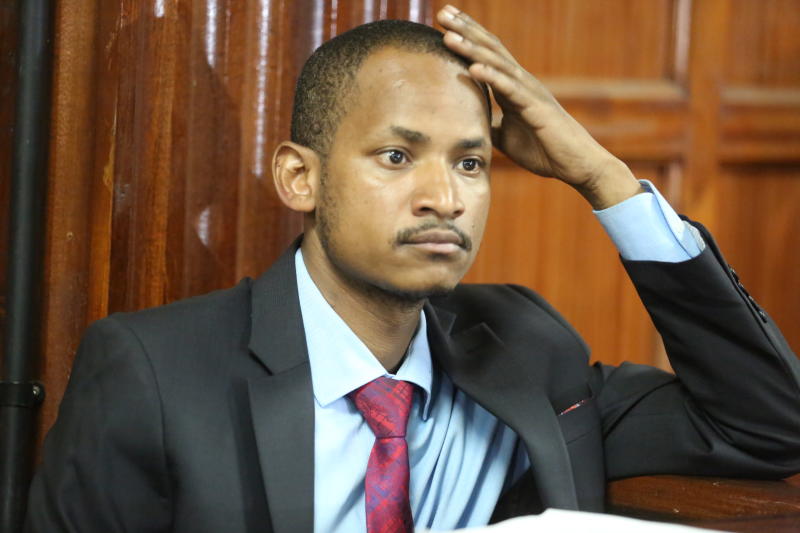×
The Standard e-Paper
Join Thousands Daily

The Director of Public Prosecutions has faulted bail terms issued by a magistrate’s court in freeing Embakasi East MP Babu Owino.
DPP Noordin Haji said he was taken aback by the court’s decision to release the legislator on what he termed as “free bond” and now wants the High Court to call the file from the trial magistrate, with a view of examining the circumstances, legality, and propriety of the orders issued on January 27.